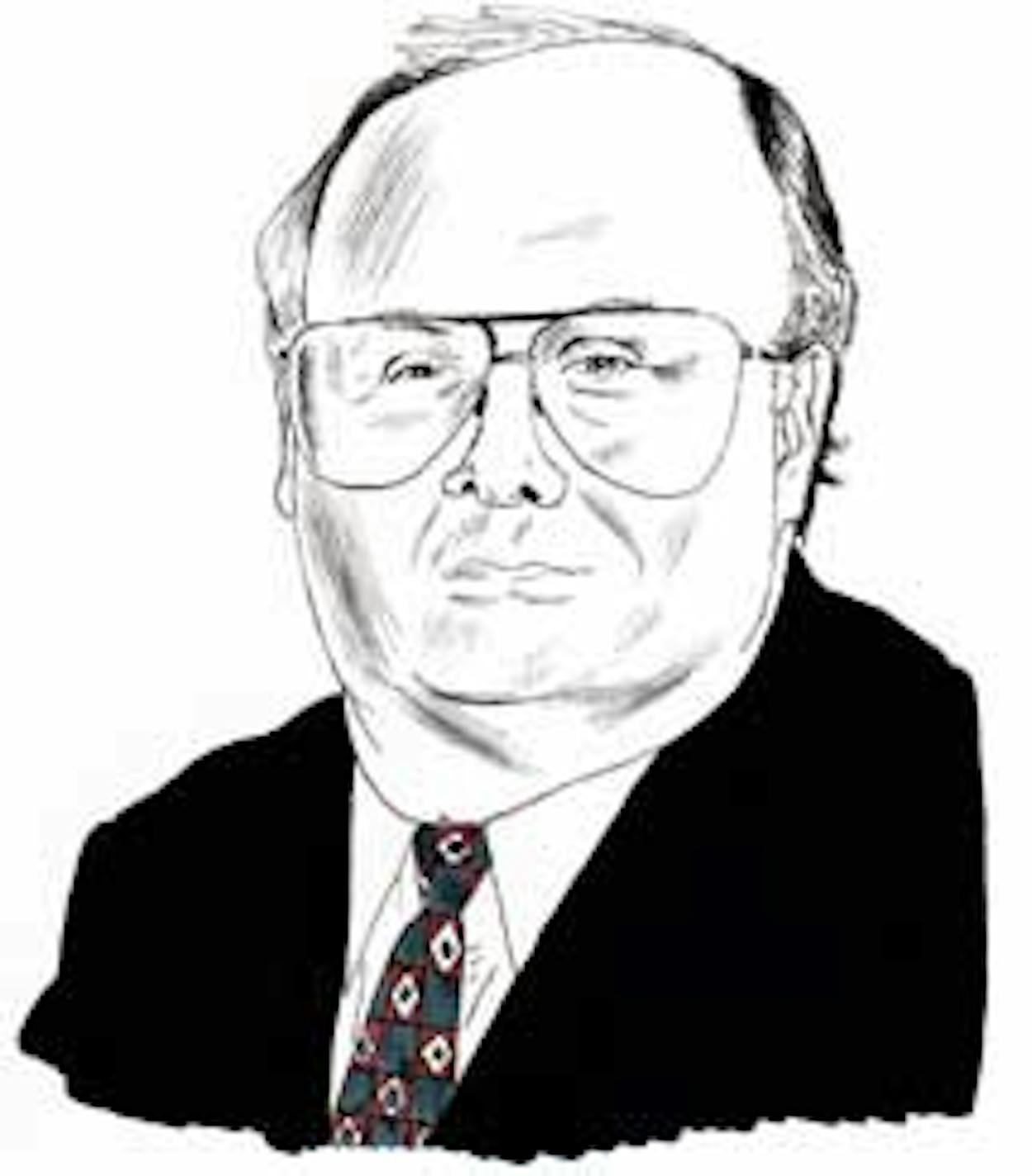Al Gore may be the public face of climate change, but all around the world, researchers are toiling in semi-obscurity to deepen our understanding of the challenge it poses. One of these is McCarl, a Texas A&M University professor who has spent the past twenty years studying the potential effects of global warming on farming and ranching. In 2004 McCarl’s work got him appointed to the United Nations Intergovernmental Panel on Climate Change, a sort of clearinghouse of more than 2,500 scientists, established to provide an objective source of information about this often-contentious subject. Last year, McCarl, his fellow IPCC whizzes, and Gore shared a Nobel Peace Prize “for their efforts to build up and disseminate greater knowledge about man-made climate change, and to lay the foundations for the measures that are needed to counteract such change.”
You’ve said that Texas may be the state “most vulnerable” to climate change. Why?
The projections call for more droughts, more heat waves, more extreme weather—including more floods—warmer conditions, and drier conditions. And Texas is in a [projected] band that is substantially drier than the rest of the country. It would make Texas a less suitable place for crops to grow; under some of the more extreme scenarios, my prior work has indicated we’ll have about 40 percent less cropped agricultural acreage. So we’re vulnerable on the effects side.
And that’s not all.
If the country moves to reduce greenhouse gas emissions, we’re going to be the number one place to do that, because we have roughly twice the emissions level of any other state. And a lot of our industry is dependent on our large coal- and natural gas—fired power plant inventory, coupled with our large petroleum industry. Mitigation will hurt us. The first image in my slide presentation has an ambulance—mitigation—roaring at Texas from one side and a bulldozer—climate change—from the other. And my argument is, we are gonna get squeezed.
What’s the good news?
I guess what I would say is, we are the home of the energy industry in the U.S., and energy emissions are the source of 85 percent of the problem. What we need to do is mobilize our intellectual capital in that industry to do this stuff, while reducing greenhouse gas emissions. And it may provide as much of an opportunity as it does a cost.
There is a great deal of unanimity in the scientific community about the reality of climate change, but it sometimes seems as if we’ve been stuck in neutral for the past ten years in terms of the policy response.
In this state there’s resistance to the idea that anything is happening or that any action is needed, starting, I think, in some fairly high circles in Austin, but not stopping there. Every time I give a presentation, I have somebody who wants to talk about volcanoes or what happened in the 1910’s or whether we have a natural cycle going on. I’m not sure where some of this stuff comes from. My job is presenting an objective view of the facts without coloring it with an awful lot of opinion. I wish other people would look at the facts and inform themselves.
They don’t?
I get a little nervous at people who basically take the party line talking points that come off some of the talk shows and then just say, well, that’s what the truth is and never go and investigate underneath it to form their own opinions. And that’s true on both the advocate and denier sides.
How does it feel to win a Nobel?
It’s nice to receive recognition for something that we’ve been struggling with for decades. Me and my two thousand—plus associates got this, so my share is small. But being a mathematician, I can say that it is still greater than zero.







